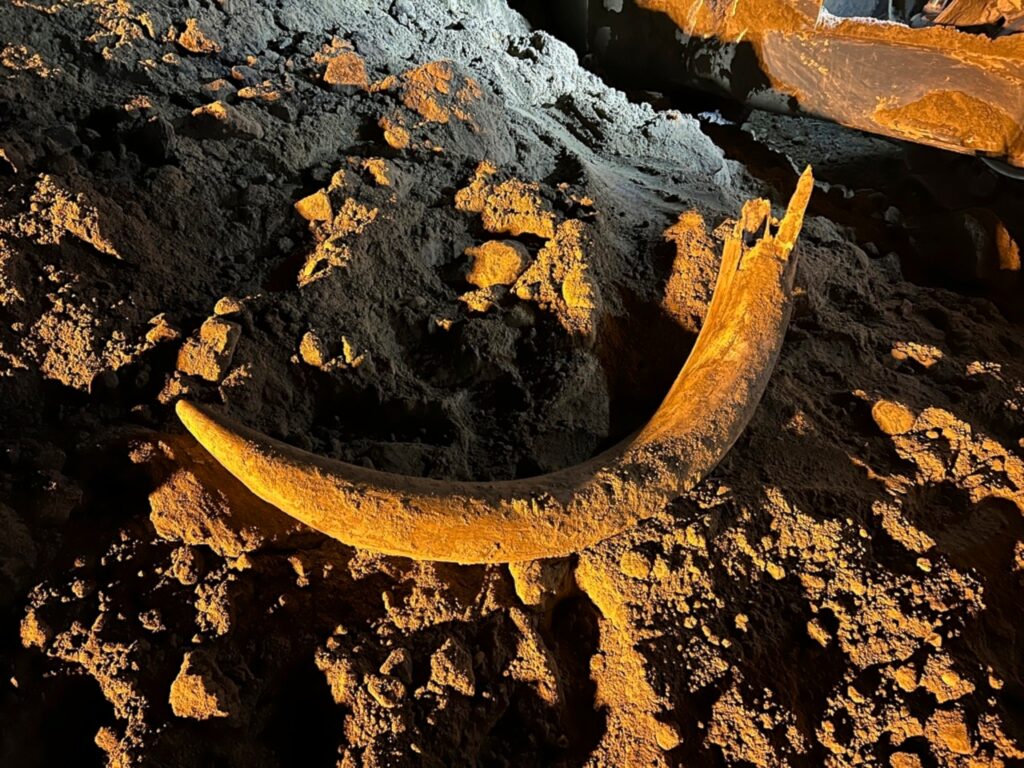Here’s one hazard the would-be Indiana Joneses of U.S. archaeology probably didn’t see coming: Plummeting federal support that’s canceled field work, shelved ongoing projects and gutted the agencies that support such efforts.
One place it’s been the most visible? Last month’s annual meeting of the Society for American Archaeology, a 7,000-member group, whose conclave usually boasts more than 1,000 presentations, according to The New York Times.
But a “considerable number” of government archaeologists skipped the meeting, the newspaper reported, with some putting it down to the fact that the presentations touched on matters concerning diversity, equity and inclusion.
The Republican Trump administration has spent its first months trying to purge DEI, as it’s known, from the federal bureaucracy.
“It is ironic that on the eve of the 250th anniversary of the United States, we are choosing to sacrifice our history and the nonrenewable archaeological sites that provide that history,” Christopher Dore, the society’s president, said of the lost opportunities.
Dore told The Times that he fears rollbacks in staffing will hurt efforts to supervise and control public use of federal areas. Looting, visitor damage, and even cattle grazing pose threats to such sensitive sites as tribal lands, he said.
“Archaeological resources are not renewable,” Dore told the Times. “Unlike some natural resources, they don’t grow back. Once destroyed, sites and the information they hold are gone forever.”
While the exact total of the cuts has yet to be worked out, experts told The Times they will hurt at a time when “fresh investment and support” are badly needed.
“We are getting cut off at the knees,” William Taylor, the curator of archaeology at the University of Colorado Museum of Natural History, told the newspaper.
One such example: In January, under the former Biden administration, the National Endowment for the Humanities awarded a $350,000 grant to Archeaeology Southwest, a nonprofit group in Tuscon, Arizona.
Six weeks later, the new Trump administration clawed back the cash earmarked for an effort to document plant and animal species in the Sonoran Desert — especially those that are important to local tribes.
The now Trump controlled agency justified the action, arguing that it ““no longer effectuates the agency’s needs and priorities.” It marked the first time in the nonprofit’s 35-year history that such an action had taken place, according to The Times.
“The real termination is of trust in the federal government to follow its own laws and regulations,” Steve Nash, the organization’s president and chief executive, told The Times.


